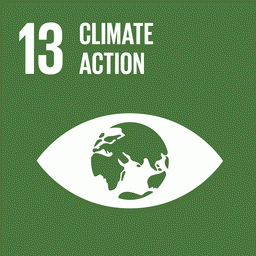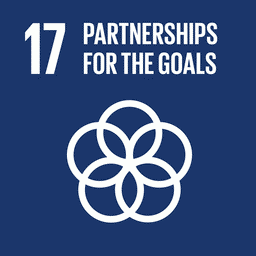In Beijing, the workshop “Promoting China-Brazil Scientific Research on Climate & Nature”, held on June 16, brought together Brazilian and Chinese NGOs to strengthen cooperation in climate solutions research in both countries.
The event inaugurated the China Mission, an agenda promoted by a delegation of six Brazilian civil society organizations to the country in June 2025 with a focus on establishing scientific partnerships. They are: IPAM (Amazon Environmental Research Institute), iCS (Instituto Clima e Sociedade), Plataforma CIPÓ, ICV (Instituto Centro de Vida), Imazon and O Mundo Que Queremos.
The alignment of Brazilian and Chinese institutions with a view to COP30 was highlighted at the workshop, which raised opportunities for joint studies. Among the topics of interest are agriculture, deforestation, food systems, production chains, deforestation and restoration.

“Science is now beginning to understand the impacts of climate change on agriculture and measure future risks, including for maintaining production in the long term. This is a subject that interests both Brazil and China, so we are here in search of partnerships to deepen this knowledge and in search of nature-based solutions to increase the resilience of Brazilian agriculture to climate change,” says André Guimarães, executive director of IPAM and special envoy of the COP30 Presidency for civil society.
More than 25 Chinese organizations attended the workshop, promoted by BellaTerra do Brasil in partnership with WWF China. In the morning, representatives from Brazil and China presented their fields of work, while the afternoon was reserved for thematic panels.
“It was a very relevant occasion, especially given the number of organizations that took part, with balanced discussions that indicate the beginning of an alignment. Also, for the unity of Brazilian civil society on such an important issue, which is the engagement of Chinese civil society in the agenda to combat global climate change through technical-scientific partnerships. While the world is moving in the opposite direction, China and Brazil are sending a signal of cooperation to further achieve their position as leaders in sustainability,” says Guillaume Tessier, Land Use and Sustainable Agriculture specialist at iCS.
During the workshop, reference was often made to a popular Chinese saying which, freely translated and adapted, says: a journey of a thousand kilometers begins with a small step. This is because the connection between civil society and research institutions in both countries follows the history of cooperation at government level, the basis for China being Brazil’s largest trading partner today and for advances in South-South relations.
“It was a timely and enriching exchange, reflecting the growing momentum in China-Brazil people-to-people collaboration on climate and nature. It was encouraging to see open, solutions-driven dialogue among Chinese and Brazilian organizations with complementary strengths. Going forward, we need to further deepen institutional partnerships and align efforts on joint research and action in the lead up to COP30 and beyond”, says Peng Ren, Head of Programs at SNISD.

André Guimarães, executive director of IPAM, in his opening speech at the workshop
“We talk a lot about the importance of being data-driven, and that’s why at ICV we invest in transparency: with open data and traceability information,” says Alice Thuault, ICV’s executive director.
For Mariana Rondon, director of programs at the CIPÓ Platform, “Looking at the climate and just transition agenda, it’s super interesting to understand Chinese methodologies and green technologies for moving towards a low-carbon economy, as well as sharing our knowledge and work history. In this sense, envisioning good practices and research partnerships enriches a common goal.”
“There is a growing understanding that Brazil’s food production and export capacity depend on maintaining the forest, both for its role in regulating the climate and producing rainfall. China can play a key role in encouraging the adoption of sustainable production criteria and infrastructure planning standards in the region that take environmental vulnerabilities into account,” concludes Alexandre Mansur, project director at O Mundo de Queremos.
Paulo Barreto, associate researcher at Imazon, recognizes the importance of the event and highlights the challenges ahead. “It’s essential to bring together institutions that are so far apart geographically, but so close in terms of research. China has an impact on Brazil because it can lead to deforestation, which in turn can lead to a drop in productivity due to climate change. Despite diplomatic traditions, purchasing decisions influence the Brazilian market and this has already been done in relation to meat quality: the ‘China Ox’ has transformed Brazilian livestock farming with pasture improvement and changes in the use of rural credit for this purpose. The challenge is to think in a simple way, which is why our proposal is to add similar requirements linked to deforestation for buying from risk-free regions.”
Brazilian civil society’s China Mission continues with appointments in Beijing and other cities in the country. Follow updates on the websites and social media of the organizations involved.

